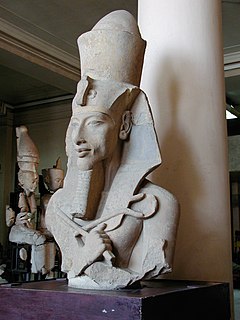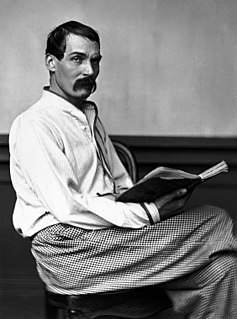A Quote by Edward Bulwer-Lytton, 1st Baron Lytton
O woman! woman! thou shouldest have few sins of thine own to answer for! Thou art the author of such a book of follies in a man that it would need the tears of all the angels to blot the record out.
Related Quotes
When thou art quiet and silent, then art thou as God was before nature and creature; thou art that which God then wats; thou art that whereof he made thy nature and creature: Then thou hearest and seest even with that wherewith God himself saw and heard in thee, before every thine own willing or thine own seeing began.
God hath given to mankind a common library, His creatures; to every man a proper book, himself being an abridgment of all others. If thou read with understanding, it will make thee a great master of philosophy, and a true servant of the divine Author: if thou but barely read, it will make thee thine own wise man and the Author's fool.
Our God, who art our winged self, it is thy will in us that willeth.
It is thy desire in us that desireth.
It is thy urge in us that would turn our nights, which are thine, into days which are thine also.
We cannot ask thee for aught, for thou knowest our needs before they are born in us:
Thou art our need; and in giving us more of thyself thou givest us all.
Here must thou be, O man, Strength to thyself - no helper hast thou here - Here keepest thou thy individual state: No other can divide with thee this work, No secondary hand can intervene To fashion this ability. 'Tis thine, The prime and vital principle is thine In the recesses of thy nature, far From any reach of outward fellowship, Else 'tis not thine at all.
All of the Ten Commandments that are good were old; all that were new art foolish. If Jehovah had been civilized he would have left out the commandment about keeping the Sabbath, and in its place would have said: "Thou shalt not enslave thy fellow-men." He would have omitted the one about swearing, and said: "The man shall have but one wife, and the woman but one husband." He would have left out the one about graven images, and in its stead would have said: "Thou shalt not wage wars of extermination, and thou shalt not unsheathe the sword except in self-defence.
The sun does not shine for a few trees, and flowers, but for the wide world's joy. The lonely pine on the mountain-top waves its sombre boughs and cries, 'Thou art my sun.' And the little meadow violet lifts its cup of blue, and whispers with its perfumed breath, 'Thou art my sun.' And the grain in a thousand fields rustles in the wind, and makes answer, 'Thou art my sun.' So God sits effulgent in heaven, not for a favored few, but for the universe of life; and there is no creature so poor or so low that he may not look up with childish confidence and say, 'My Father, Thou art mine.
Spirit of BEAUTY, that dost consecrate With thine own hues all thou dost shine upon Of human thought or form, where art thou gone? Why dost thou pass away and leave our state, This dim vast vale of tears, vacant and desolate? Ask why the sunlight not for ever Weaves rainbows o'er yon mountain-river, Why aught should fail and fade that once is shown, Why fear and dream and death and birth Cast on the daylight of this earth Such gloom, why man has such a scope For love and hate, despondency and hope?




































